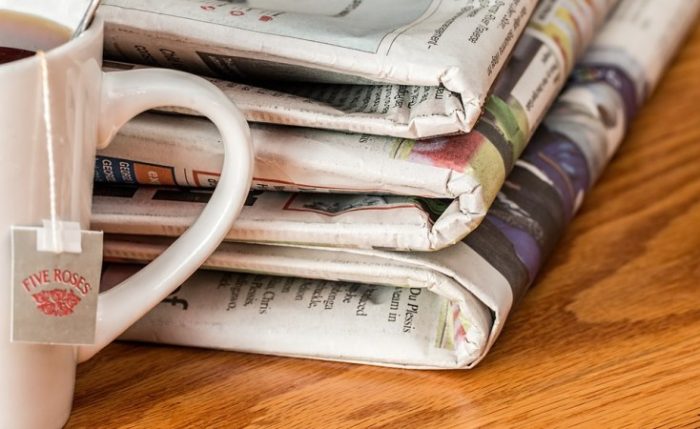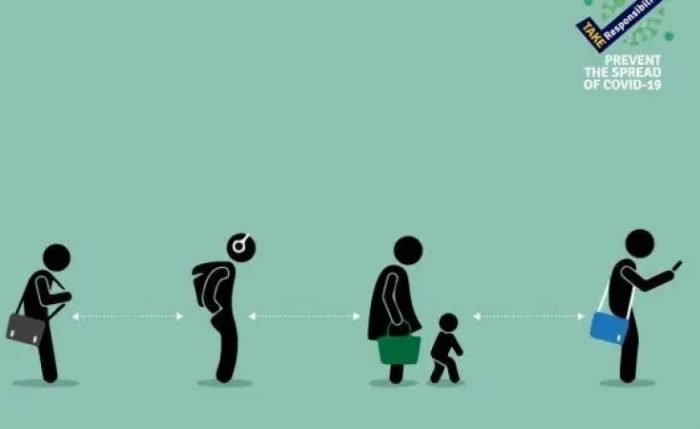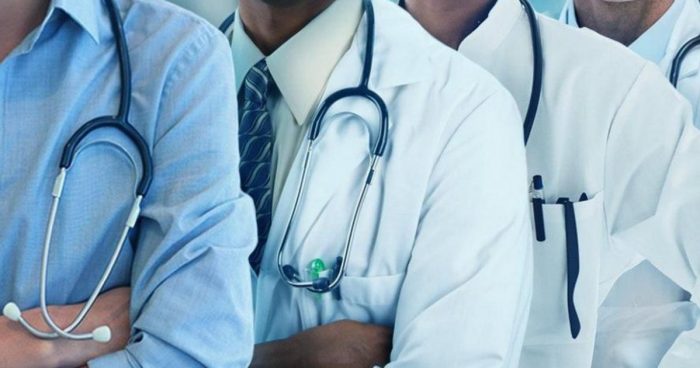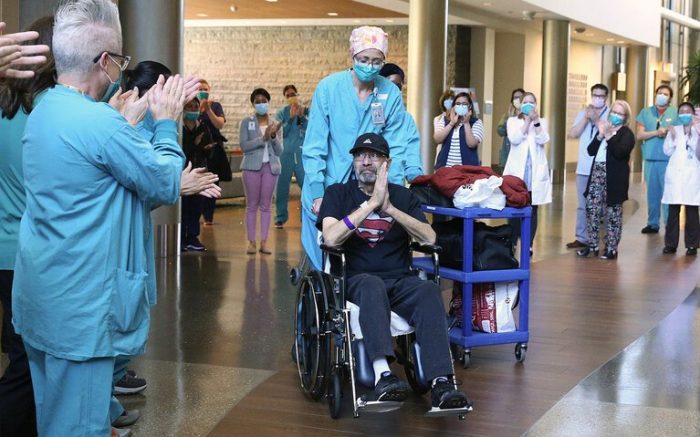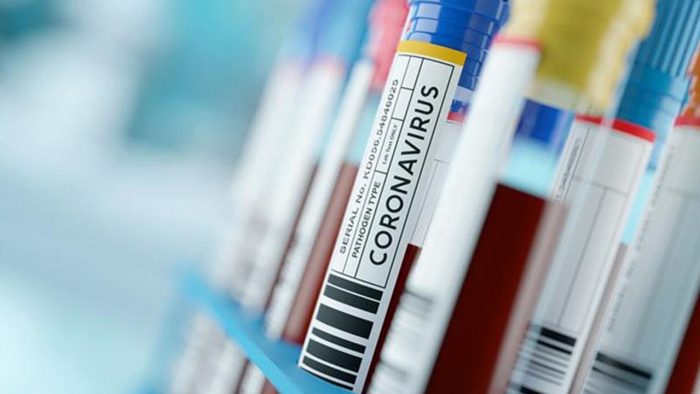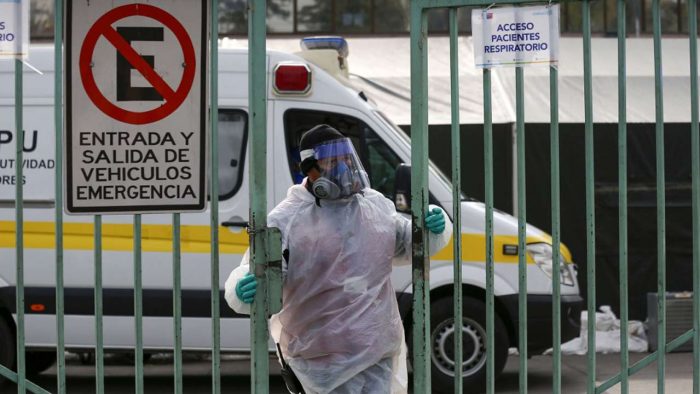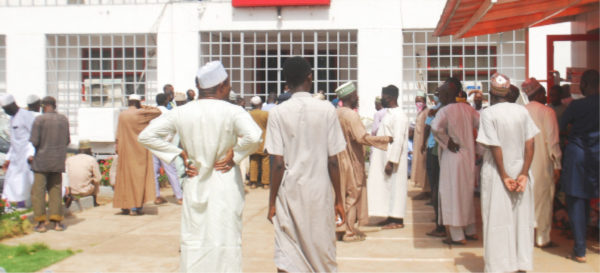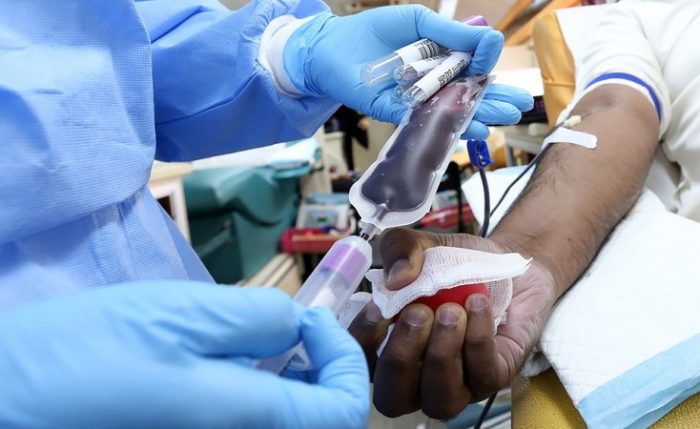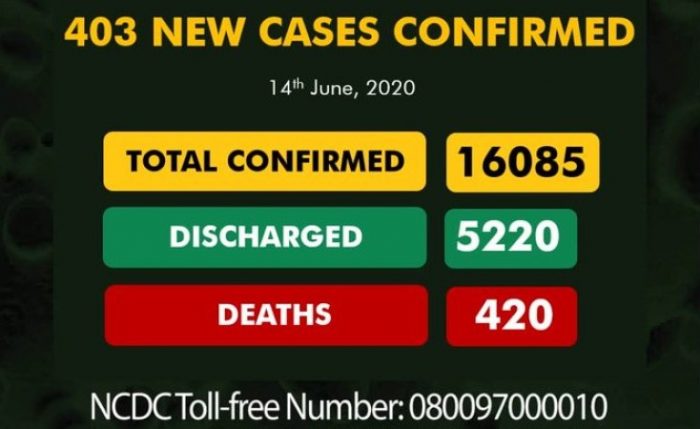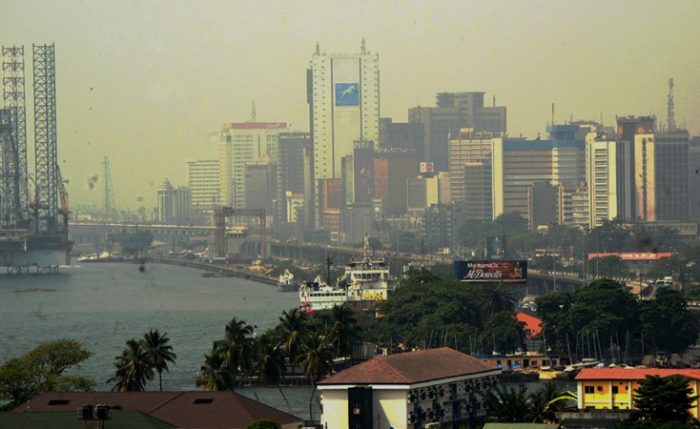Abuja, Kano, Gombe, Makurdi, Benin, Jos, Lagos — Medical experts have warned that Nigeria could experience dire consequences in the rate of COVID-19 cases and deaths if people continued to violate protective measures against the disease.
They said it was worrisome that many people violated wearing of face masks, physical and social distancing, and hygiene measures such as hand washing and use of hand sanitisers among others across the country.
Dr. Ejike Orji, Chairman, Medical Sub-Committee, Federal Capital Territory (FCT) Ministerial Expert Advisory Committee on COVID-19 said that there would be a spike in cases, and that the country would be in serious trouble if the violation continued.
He said, “It is already happening. Abuja has been recording an average of 42 cases per day in the last two weeks.
“The isolation centres at the National Hospital, Abuja, University of Abuja Teaching Hospital, Gwagwalada and Asokoro District Hospitals are filled up.
“If we continue this way, we are going to be in serious trouble.”
He said a lot of people in Nigeria were asymptomatic to the disease because its population was largely youthful.
“70 % of our population is under the age of 30, that is also what is helping us.
“The disease is serious in people who are older and have co-morbidities like diabetes and hypertension.
“So young people can have it and feel nothing is wrong with them but be endangering their parents and older people around them.”
Dr. Omo Izedomwen, a public health expert said the country was already experiencing community transmission of the COVID-19 pandemic and that the only way to break it currently was to adhere to safety measures and restrictions instituted by the government .
Izedomwen, who is also the Coordinator of the Abuja Centre of the National Blood Transfusion Service (NBTS) warned that disregarding the public safety measures comes with a cost, which people could regret later, adding “We can make choices but unfortunately cannot decide the consequences of these choices. And the consequences are very dire.”
He said the United States of America for instance had recorded over 100, 000 deaths already, saying these were people who once laughed and spent time with their loved ones.
Dr. Audu Onyemocho, an epidemiologist and an associate Professor of Community Medicine said the poor level of compliance by the public does not augur well for curbing the spread of the disease.
“The public should note that everyone is susceptible to COVID-19.
“It doesn’t show on the face, so the only way is to protect yourself and people around you,” he said.
As of yesterday, Nigeria had recorded 15, 682 confirmed cases of COVID-19.
Of the number, 5, 101 cases have been discharged and 407 deaths recorded.
Findings by Daily Trust revealed that doubts about the existence of COVID-19 was still widespread among Nigerians in spite of the increasing number of cases. This is happening three months after the country recorded its first case of the disease.
Our reporters gathered that some of those who initially believed in the outbreak of the disease have grown complacent and abandoned hygiene measures to protect themselves.
Compliance across the FCT, states
A resident of Abuja, Ene John, said she initially believed the existence of the virus in the wake of the pandemic in Nigeria but after observing social distancing, quarantining at home and regular washing of hand for two months, she was tired of living in fear.
My Sylvester Obasoto said the low level of compliance stems from people’s belief that the government was using the virus to embezzle money.
“I was in a cab yesterday and a lady confidently declared that coronavirus doesn’t affect blacks.
“I saw a video clip too that explained that coronavirus only affects rich people.
“I think people need to be better informed about the dangers of not complying with preventive measures.
“Government should make provisions for protective equipment.
“Households and individuals have an active role to play too,” he said.
Emmanuela Chidera, a student in Nsugbe, Anambra State, told Daily Trust it was impossible for COVID-19 to thrive in Nigeria because of the intense heat.
Chidera said the federal and state governments have commercialised the disease, announcing fake COVID-19 positive cases to attract international sympathy, donor funds and debt relief.
Mr. Adekunle Eniolorunda, decried the high level of violation among the public saying it puts even those who believe the virus exists in the country at risk.
He called for improved sensitisation of the populace especially on the use of face masks.
Another resident of Abuja, Eneojo Abraham said since the index case was recorded in Lagos in February, all Nigerians see were figures churned by the NCDC and not the people affected by the virus.
Plateau
Residents of the Plateau state capital, Jos, are yet to fully comply with preventive measures announced by the government.
There are still mixed feelings among the people towards the coronavirus.
While some believe it exists, some think it is the virus for rich people and could not affect the poor.
A resident of Unguwar Rogo in Jos, Ahmed Hussain, said he still lives his life normally and relates with the people/society as usual because he doesn’t believe COVID-19 exists.
Benue
In Benue State, some citizens adhere to safety measures stipulated by the NCDC for the prevention of COVID-19 but others have carried on as if the virus does not exist in the country.
Our correspondent reports that while most people in Makurdi, the state capital are seen obeying rules to protect themselves against the virus, most in Otukpo, Gboko, Kastina-Ala and rural areas do not comply with protective measures.
Ada Ekoja, an Otukpo resident told our correspondent that people behaved that way because there was no disease called COVID-19, alleging that the ‘noise’ about the virus was orchestrated by the federal government to draw international sympathies to make money.
Kano
Despite the fact that Kano is one of the top five states with the highest COVID-19 cases, the attitude of the people towards the prevention protocols is poor; majority of the people go about their businesses without recourse to preventive guidelines.
Comrade Nafiu Gurka, a resident said the disease was not different from ordinary catarrh and cough.
Edo
In Edo state, many people violate use of face masks, social distancing and other protective measures till date.
Daily Trust observed that even commercial vehicles are not adhering to the approved numbers of passengers as some of them still overload their vehicles.
A barber, who gave his name as Jude said he doesn’t observe safety measures because coronavirus does not exist.
A resident, Christian Osadolor, said he does not comply with COVID-19 measures because government is just using it to create fear in people’s minds
Lagos
Compliance with COVID-19 measures is still poor in Lagos despite the fact that it has the highest number of cases.
A resident, Mukaila Tajudeen of Kolket Venture said the government failed to create adequate and sustainable awareness among the masses, added with corruption among Nigerian public office holders.
“So a lot of Nigerians believe that governments at all levels are just using COVID-19 to embezzle public funds.
“Take for instance, how many Nigerians benefited from the government’s palliative packages? They just claimed they gave palliatives to thousands of households.”
Gombe
In Gombe, residents expressed mixed reactions about the COVID-19 pandemic.
Some are of the view that it was being exaggerated thus affecting the compliance level.
A public servant, Abubakar Uba said it was not as deadly as leaders across the world were projecting it.
Malam Muhammad, said it seemed to be a man-made pandemic amplified for sinister motives and against, which Allah has protected the weaker nations. He added however that he has a habit of washing his hands regularly even before COVID-19 pandemic.
Experts’ views
Dr. Francis Ohanyido, a public health expert said there was need for improved sensitisation of the populace on COVID-19.
He said the government should also ensure community engagement so that more people would be enlightened about it.
He added that the government should also include civil society organisations in the enlightenment process so that more people could be reached.
The Chairman, National Association of Nigeria Nurses and Midwives, Plateau State Council, Briskila Dabit, said it was unfortunate that people still don’t believe the existence of COVID-19 in the state.
She said such mentality was the reason for the careless attitude of many persons towards the preventive measures.
She said anyone doubting the existence of the disease in the state should visit the isolation centers, particularly the one in Riyom in Plateau state to see the affected persons receiving treatment there.
Meanwhile, the Edo state epidemiologist, Dr. Uwa Okuarobo, said the state government has stepped up sensitisation campaign to keep the people abreast of government’s activities and the truth about COVID-19.
“There is lots of misinformation about COVID-19, and it is our duty to let them know that it is not a scam, nobody is falsifying figures or wants to use it to make money. It is affecting the whole world,” he said.
The Director General of the National Orientation Agency (NOA), Dr. Garba Abari said the NOA commenced community sensitisation of Nigerians on the reality, danger and preventive measures against the COVID-19 virus as set out by the NCDC.
He noted that the Agency produced video and audio awareness jingles on the disease in English, Hausa, Igbo and Yoruba languages, and distributed them accordingly to all states of the Federation.

